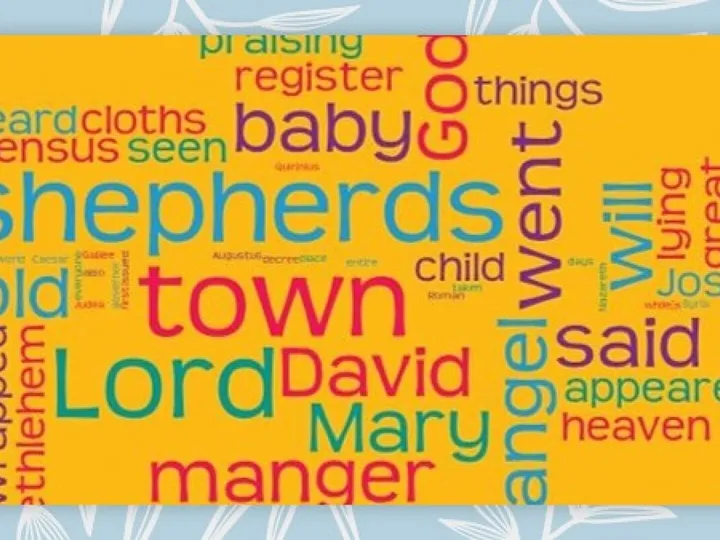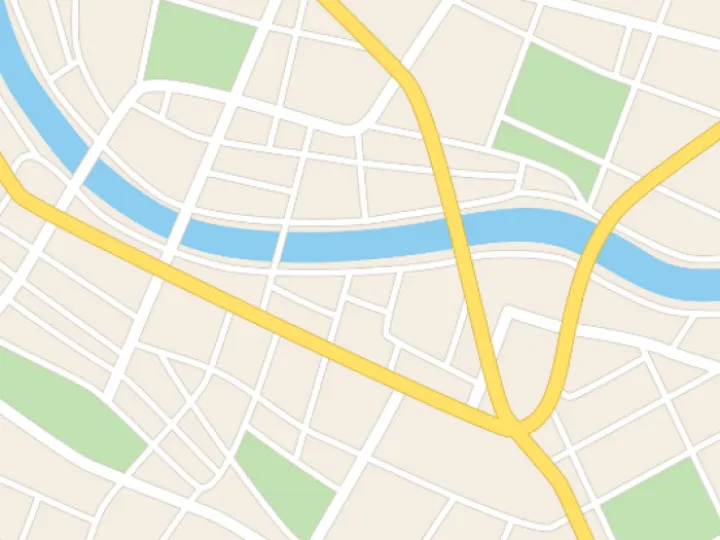Christmas
Luke 2:1-7 (CEV)
About that time Emperor Augustus gave orders for the names of all the people to be listed in record books. 2 These first records were made when Quirinius was governor of Syria.
3 Everyone had to go to their own hometown to be listed. 4 So Joseph had to leave Nazareth in Galilee and go to Bethlehem in Judea. Long ago Bethlehem had been King David's hometown, and Joseph went there because he was from David's family.
5 Mary was engaged to Joseph and travelled with him to Bethlehem. She was soon going to have a baby, 6 and while they were there, 7 she gave birth to her first-bornc son. She dressed him in baby clothes and laid him on a bed of hay, because there was no room for them in the inn.
It’s a busy time of year, Christmas. We’ve had all year to prepare and even complain that Christmas merchandise appears in the shops too early, yet every year it’s always a rush to be ready in time. But, as we put the lights on the tree, write our cards and wrap the presents let’s think about what lies behind the tinsel – what does Christmas really mean, does Christmas make a difference?
Is Christmas just a time for the children, a fun time in the dark days of the year and Christ another decoration to be popped back in the box at the end of the festivities – out of sight and out of mind for another twelve months? When the merriment is over will life be back to normal, or will normal have been transformed?
We celebrate God himself coming to earth to be born as we were born, to share all the joys and sorrows of human life. He lived a life like ours, with us, to show us what he is like, to help us understand that he wants a personal relationship with each and every one of
us.
The decorations come and go but Jesus is forever. Christmas makes a difference because Jesus makes a difference. When Jesus was born time was transformed, BC became AD. When Jesus died, death was transformed into resurrection. When we believe in Jesus our lives are transformed into everlasting life, lived with God, not just now, but forever.
Have a happy and blessed Christmas, and may God be with you throughout Christmastime and forever more.
Prayer
Loving God, we thank you that you sent your Son, Jesus Christ, into the world. We thank you that every year the whole world stops to celebrate his birth. Among the tinsel, parties and festivities may we not forget what we are celebrating. Help us to make room for Jesus in our homes and in our hearts. It is obvious that we have so much. As we eat our fill and open our gifts, may we never forget those who have so little. When Christmas is over and the decorations are packed away for another year may the spirit of peace and goodwill to all live within us that we may be able to give the gift of your love to everyone we meet each and every day. Amen.
Poem “The night before Christmas”
By Martyn Sanders
‘Twas the night before Christmas when all through the inn
there was noise and commotion, an incredible din.
The innkeeper was busy, his rooms were all taken
Most arrived for a census, the nation was shaken
Their animals watered, their children were fed
and for many they shared the same floor for their bed.
But soon it was quiet as all fell asleep,
save for sheep on the hills –
you could just hear them bleat.
The silence was broken by a knock at the door –
a man and his wife,
expecting one more.
“I’ve nowhere to put you,” the innkeeper said,
“But go to the stable, where there’s straw for your bed.”
So they lay themselves down and prepared for the night
When soon the young girl received such a fright.
The time had come for her baby was due
But poor old Joseph didn’t know what to do.
In the still of the night the baby was born,
New life in the world – a new era had dawned.
Then on the dark hillside a glorious sound
Was heard by those woken as it echoed around
‘Peace on the earth and good will to all men’
But no one quite realised its significance then.
Now shepherds were out with their flocks for the grazing
When angels appeared, the sight was amazing
‘Go see the young boy who’s laid in a manger
He’ll welcome you all for no one’s a stranger.
So leaving their sheep they hurried on down
to locate the new born in Bethlehem town.
And there they did find as the angels had said
A Mum and her child with straw for his bed.
They went back to their sheep and as if with one voice
they gave thanks to God, and to him did rejoice.
It made such a disturbance, for right through the town
The shepherd’s exuberance just echoed around.
So news of the angels and the baby they saw
Spread with excitement no one could ignore.
Then the mid-wife suggested the Mum get some rest
So she curled up in the straw as if making a nest
And checking the baby was safe in the manger
And that neither of them was in any danger
She tiptoed outside for her work was done
Leaving the woman to be with her son.
So, Mary, the mother, looked back on the night
And turning to God, prayed she’d done what was right
And pondered how life would be different now on
Not just for her, but for everyone.


